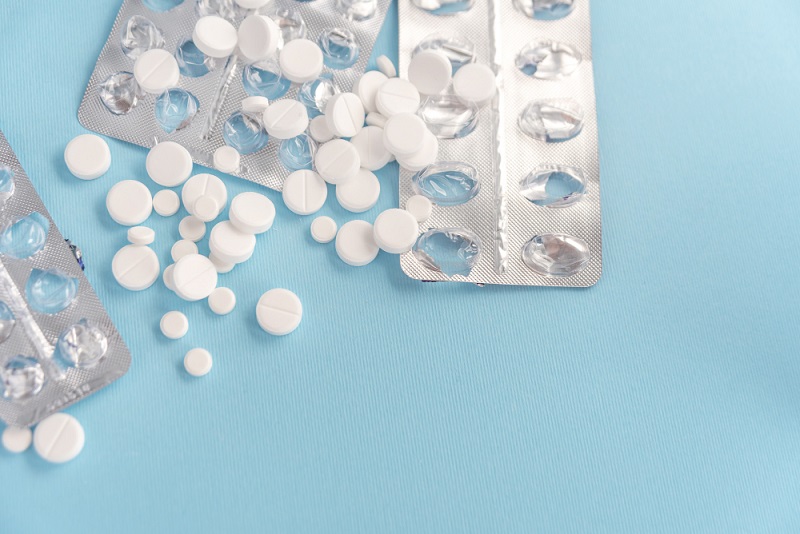Medication Disposal
Medication disposal refers to the safe and responsible disposal of medications that are no longer needed, expired, or have become ineffective. Proper medication disposal is essential to prevent environmental pollution, accidental ingestion, and misuse of medications. It also helps to ensure the safety of individuals, including children and pets, and contributes to public health and environmental protection.
Here are some key points about medication disposal:
-
Expired or Unused Medications: Medications can lose their effectiveness over time or may no longer be needed after a course of treatment is completed. Proper disposal prevents the use of expired or unnecessary medications, reducing the risk of adverse effects.
-
Environmental Impact: Flushing medications down the toilet or throwing them in the trash can contribute to water contamination and harm aquatic ecosystems. Proper disposal methods help minimize the environmental impact of pharmaceuticals.
-
Preventing Accidental Ingestion: Discarding medications properly helps prevent accidental ingestion by children, pets, or individuals who may have access to improperly stored or discarded medications.
-
Drug Abuse Prevention: Proper disposal also plays a role in preventing the misuse and abuse of medications. Medications left unused in households may be susceptible to diversion for non-medical purposes.
Common Methods of Medication Disposal:
-
Take-Back Programs: Many communities and pharmacies organize medication take-back events or have permanent collection sites where individuals can drop off unused or expired medications for safe disposal.
-
Pharmacy Drop-Off: Some pharmacies have medication disposal programs that allow customers to return unused medications to the pharmacy for safe disposal. Check with local pharmacies to see if they offer this service.
-
Mail-Back Programs: Some regions offer mail-back programs, allowing individuals to mail their unused medications to a disposal facility.
-
Home Disposal: If specific disposal options are not available, the FDA provides guidelines for safe home disposal:
- Mix medications with an undesirable substance like used coffee grounds or cat litter.
- Place the mixture in a sealed bag or container.
- Dispose of the sealed bag or container in the household trash.
-
Do Not Flush: In general, the FDA advises against flushing medications down the toilet unless the label or accompanying patient information specifically instructs it.
Always check with local regulations and guidelines, as they may vary by region. It’s important to follow recommended disposal methods to contribute to a safer environment and protect public health. If in doubt, consult with a pharmacist or healthcare provider for guidance on proper medication disposal.

